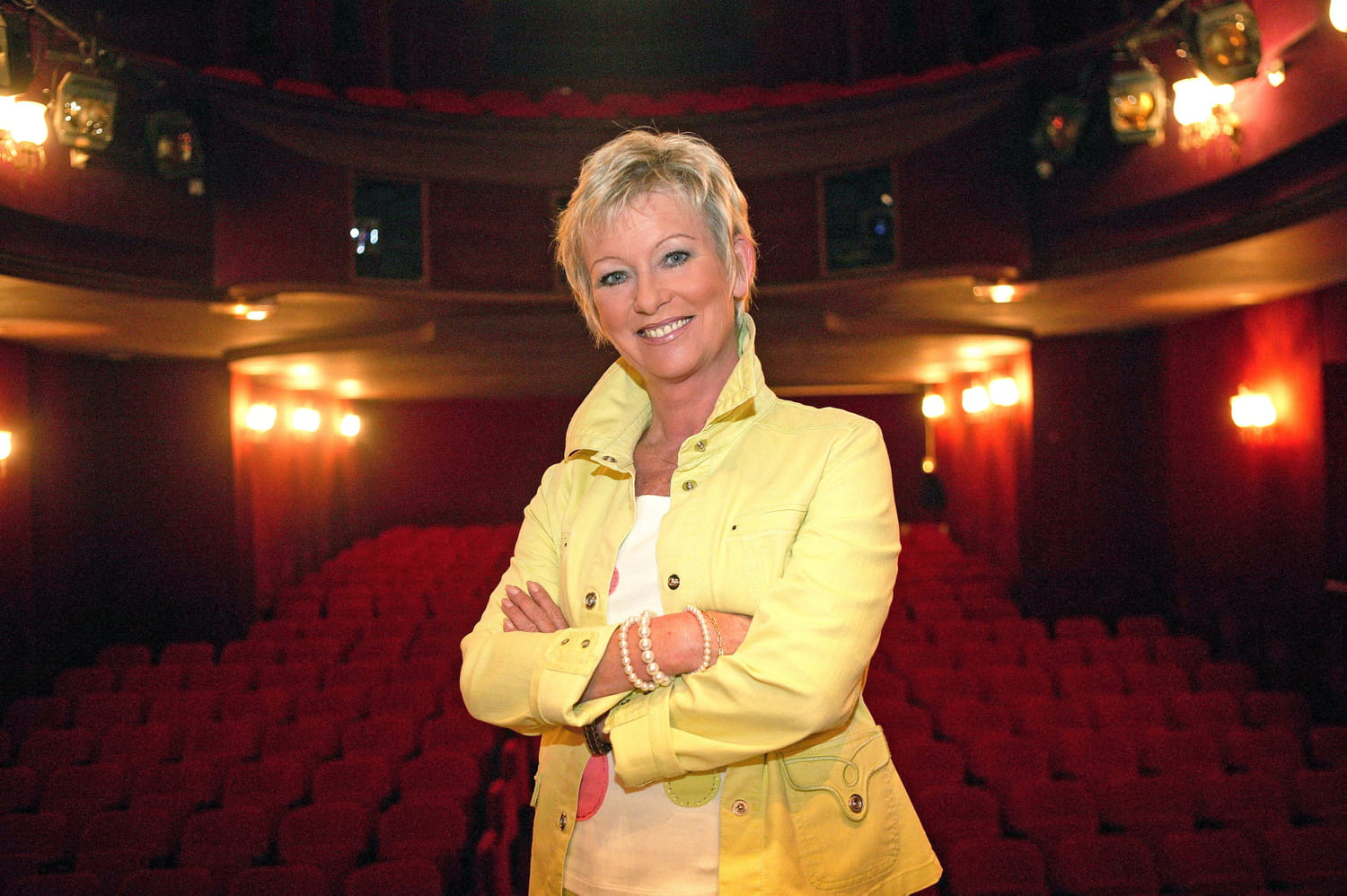Most owners who want to train their dog to educate them make this same mistake unintentionally.
When you adopt a pet, you are also responsible for its well-being and safety. And this often requires a good education. Ensuring that your dog listens to us in all circumstances is an essential element, but it is not always easy. Few owners are able to walk their pet in the street, without a leash. Trust is earned little by little, but not in just any way.
Many teachers make mistakes unintentionally. They lack consistency in the rules, for example allowing the dog to pull on the leash on certain days and preventing it the next day. They repeat the commands several times, thinking they are helping him understand, but this is confusing the message. Others expect results too quickly, like a perfect recall or a potty trained puppy in a few days. Some prolong the sessions until the animal gets tired, or on the contrary only train very rarely, which prevents it from progressing regularly.
All these blunders end up slowing down learning. Indeed, inconsistency, bad timing or unrealistic expectations generate confusion and frustration, both for the dog and its owner. But the systematic use of punishment is undoubtedly the most counterproductive error: shouting, pulling on the leash or using a coercive collar does not tell the animal what it must do, but creates fear and mistrust. In the long term, these practices damage the relationship rather than strengthen it. To progress, it is better to focus on short and regular sessions, with clear and always identical orders.
Reward good behavior immediately, whether with a treat, a pet or a toy, whatever motivates your dog the most. Accept mistakes as part of the process, and celebrate each small step forward. Education must remain a positive and shared moment: it is by cultivating patience, consistency and kindness that we build a real bond with our pet.










